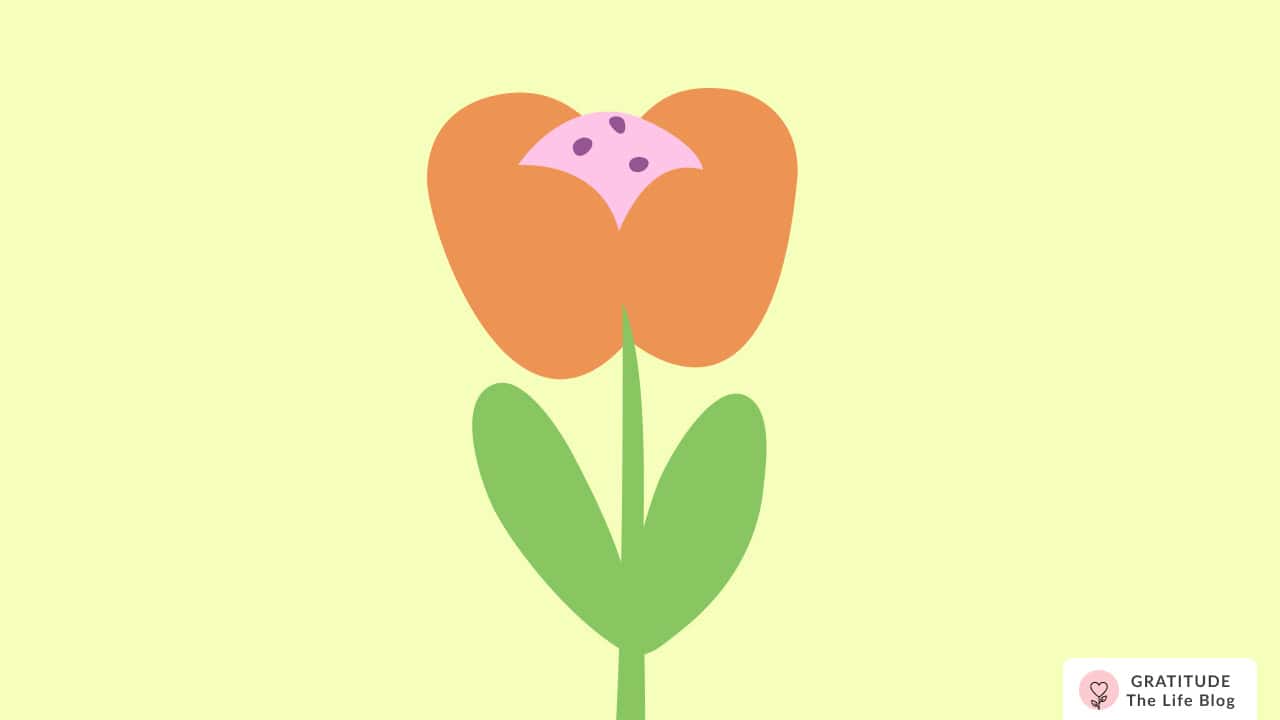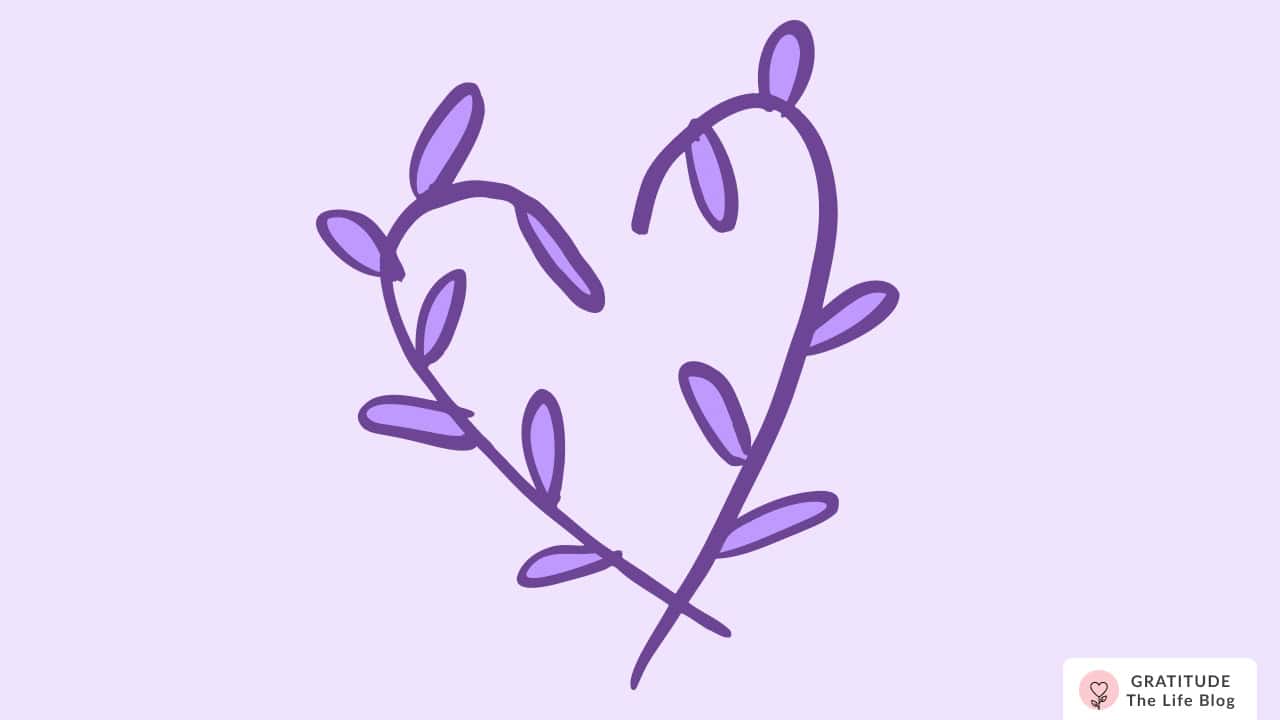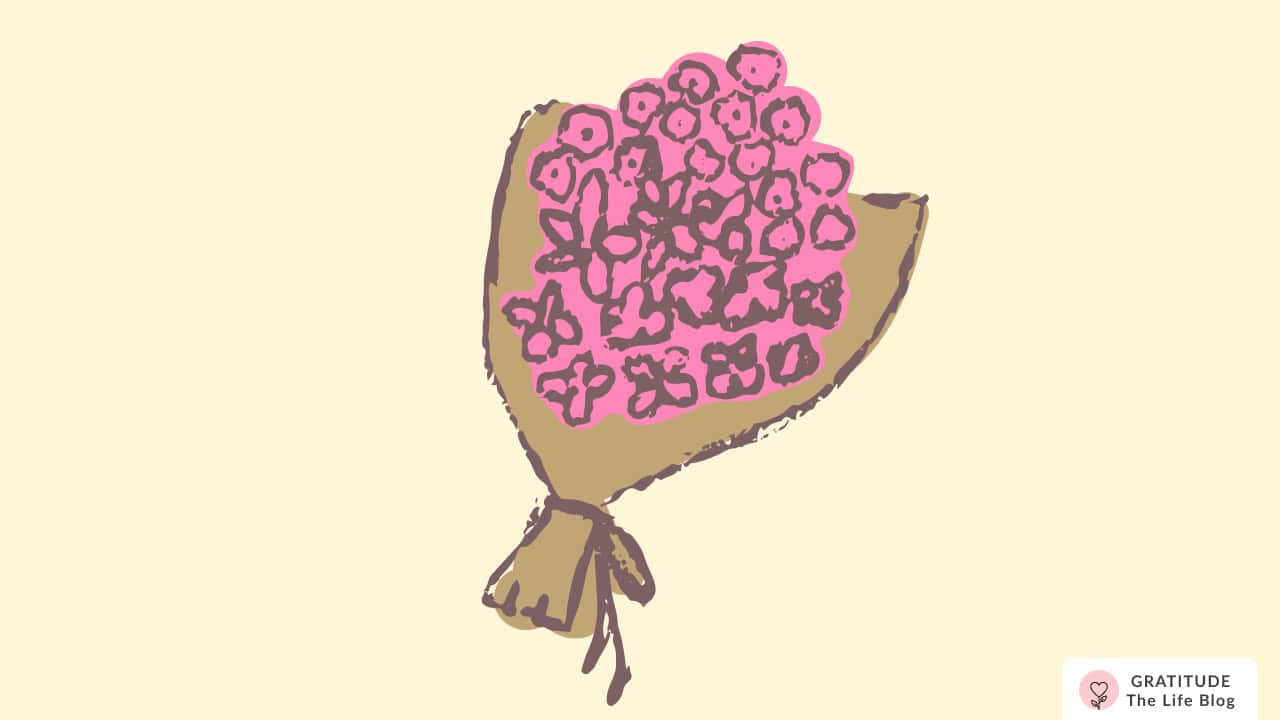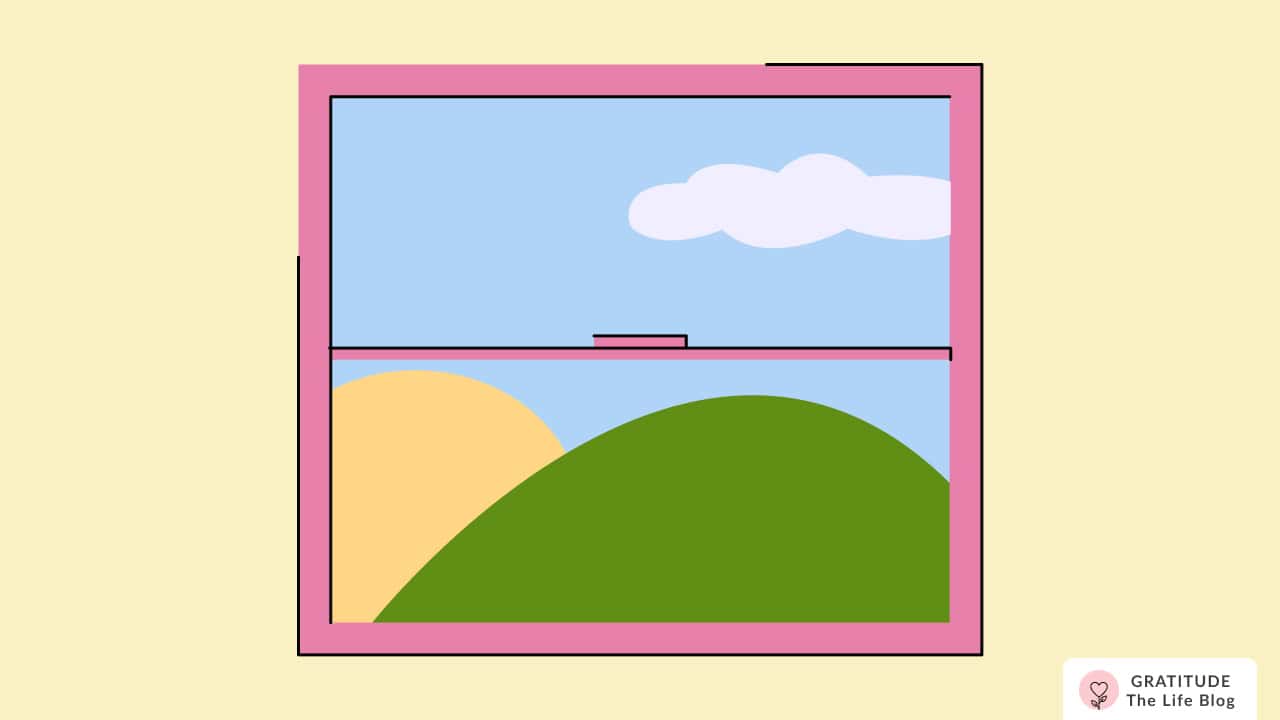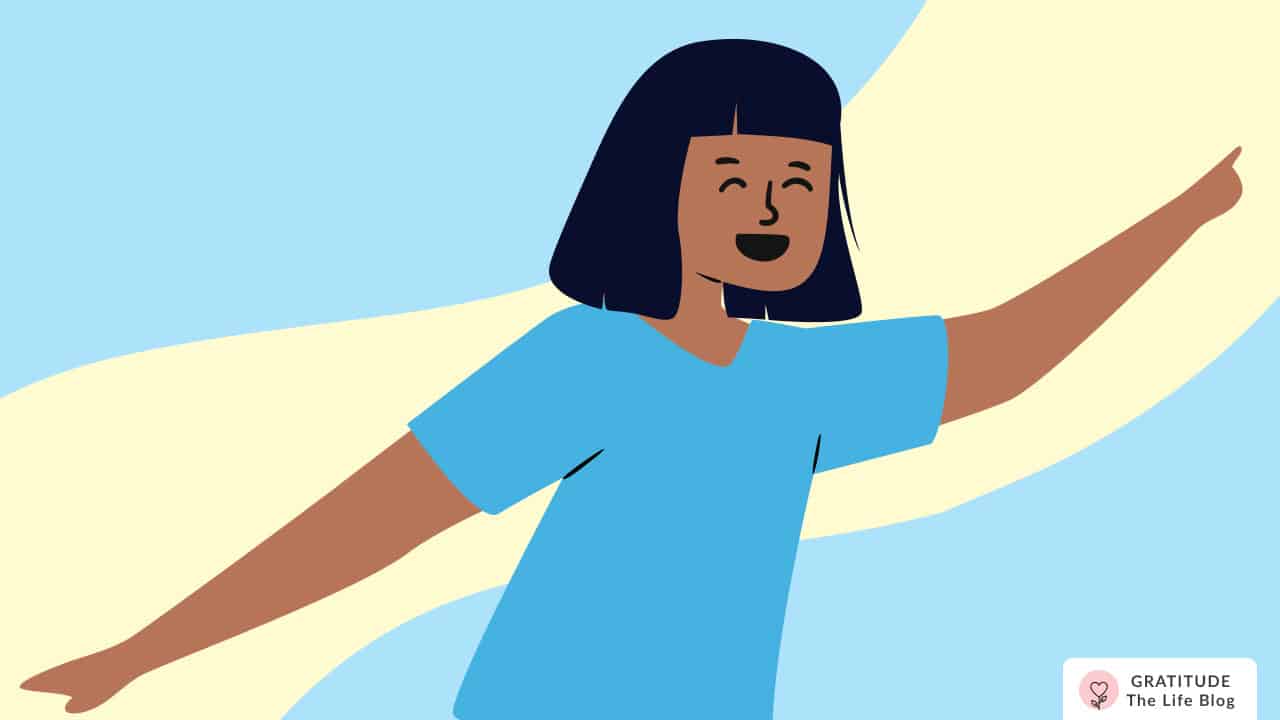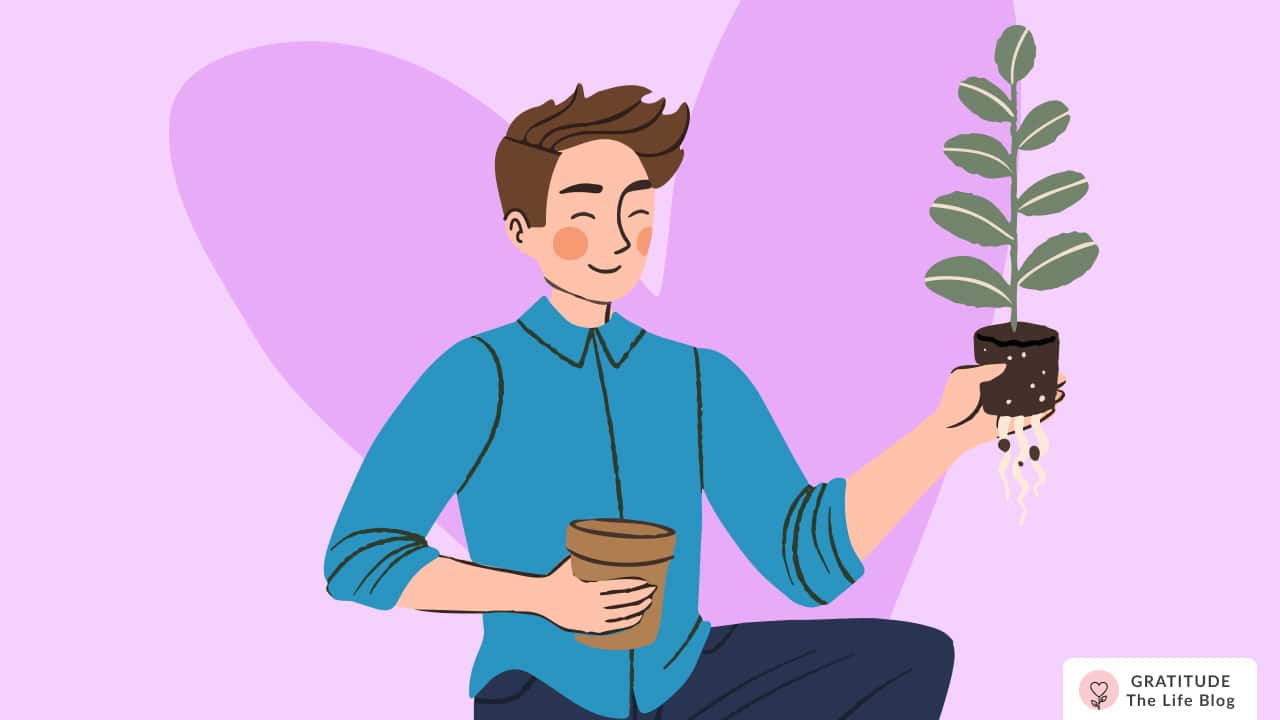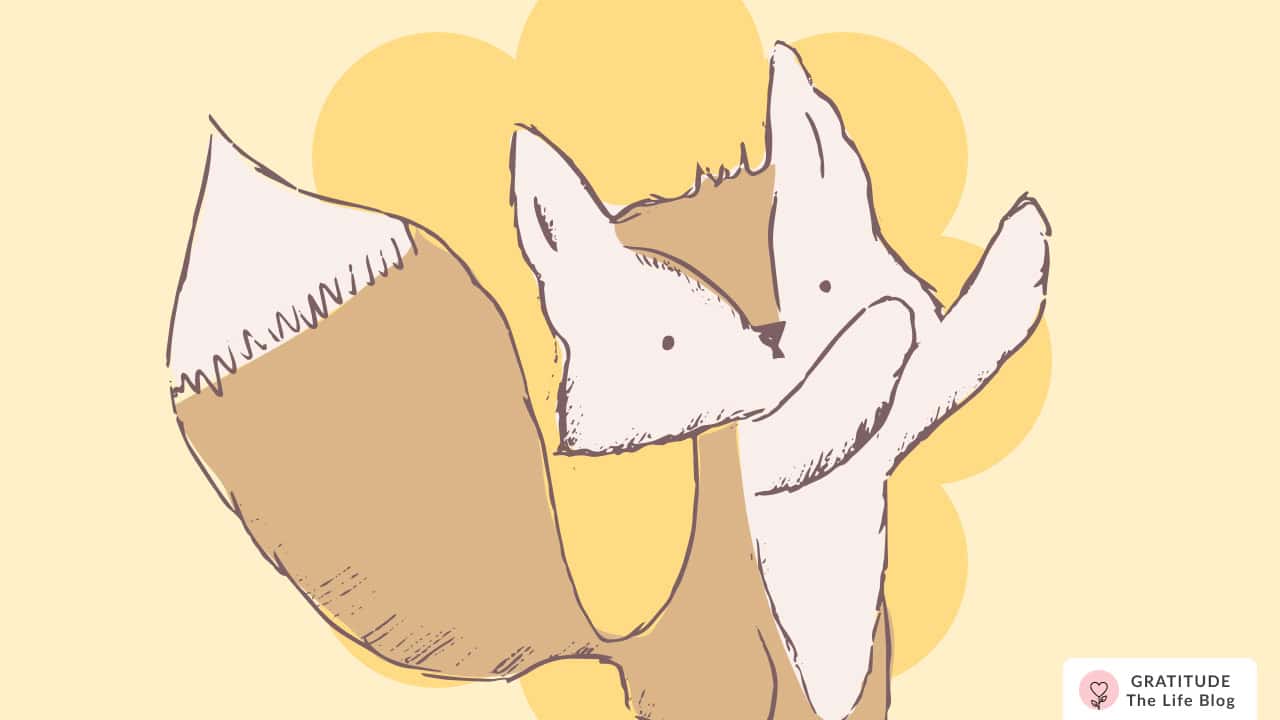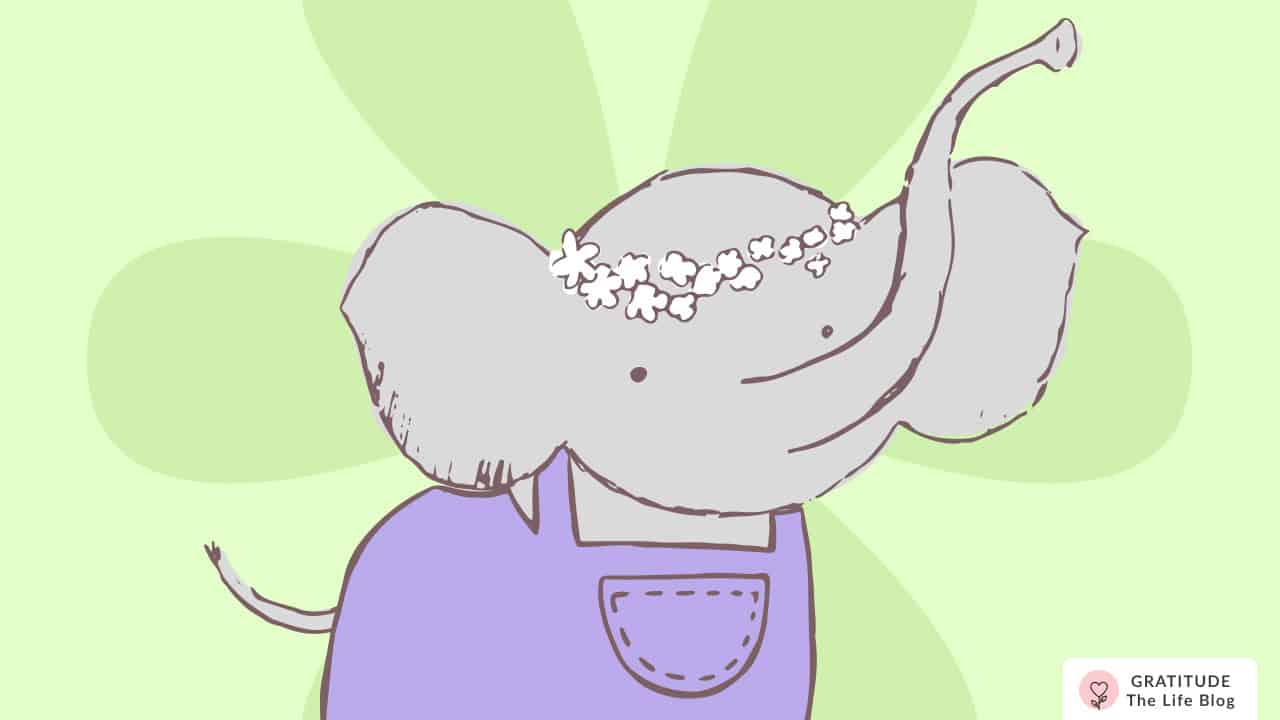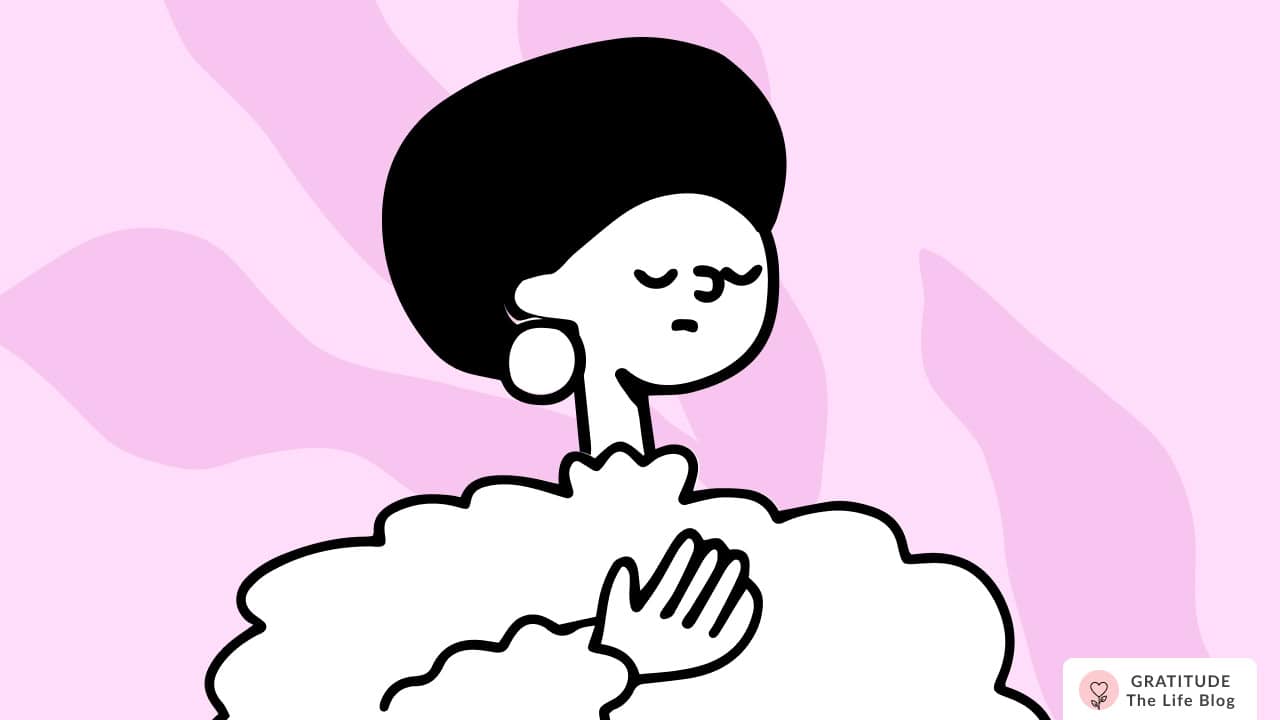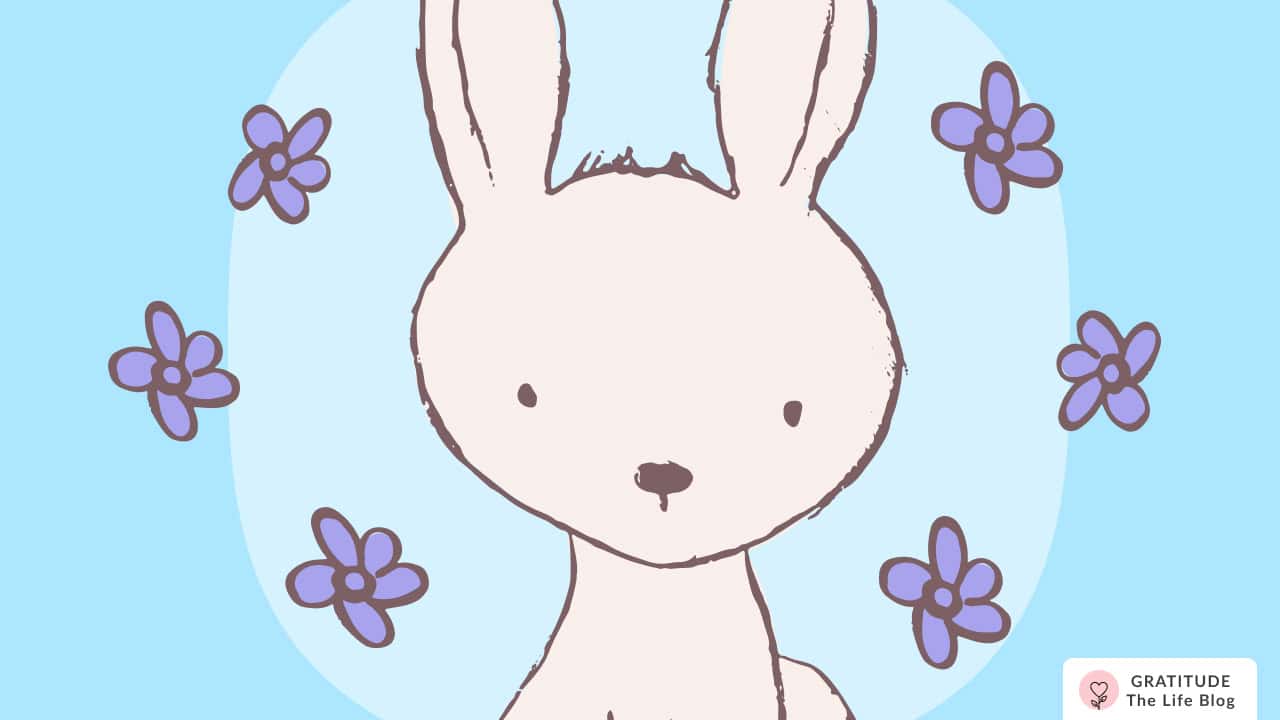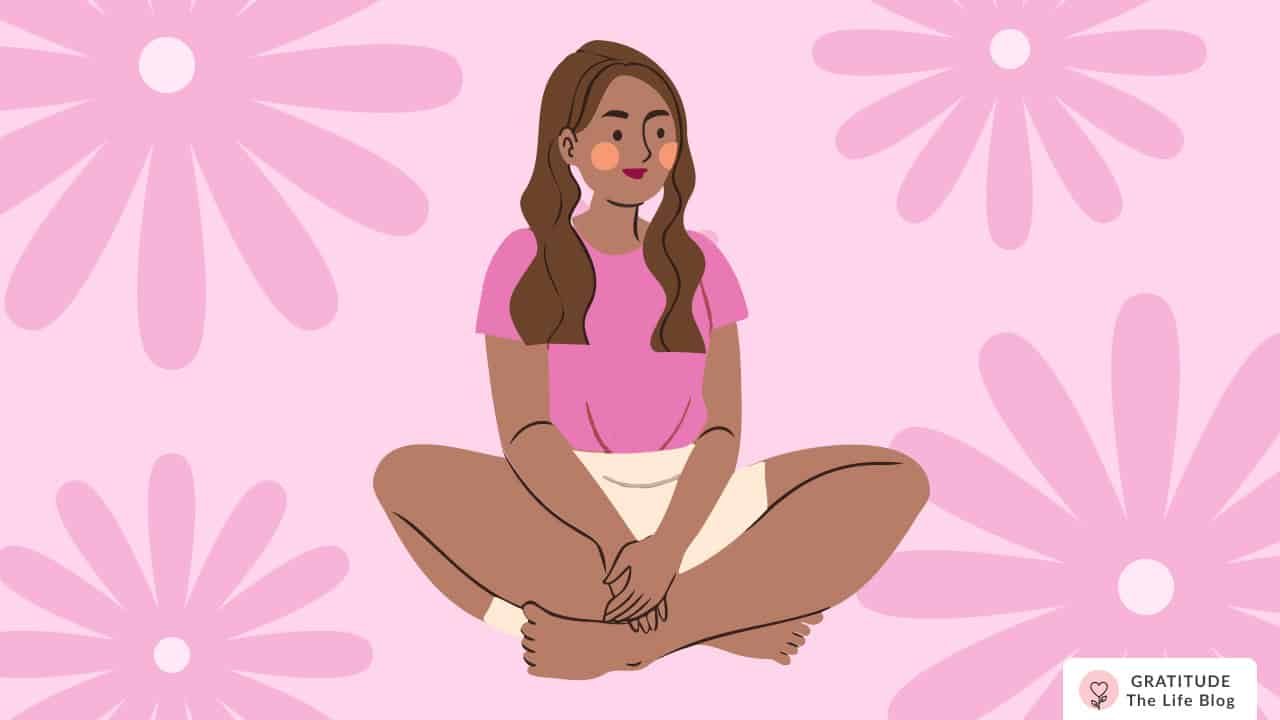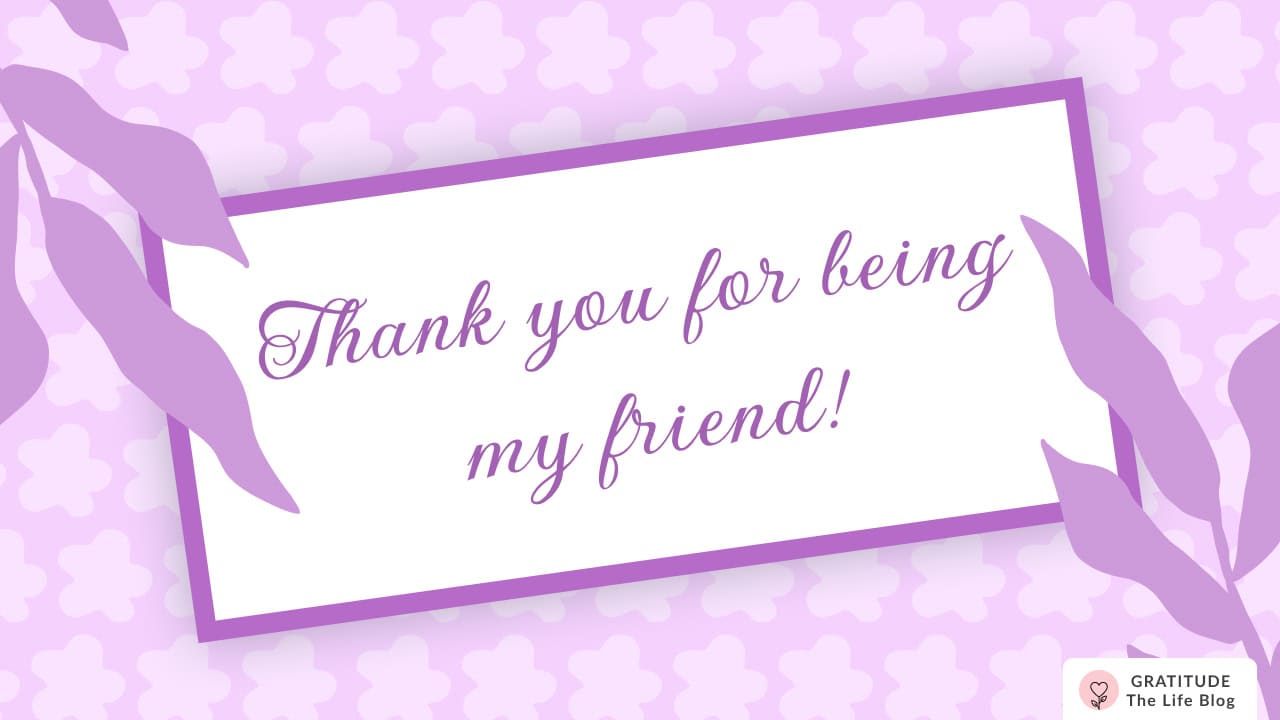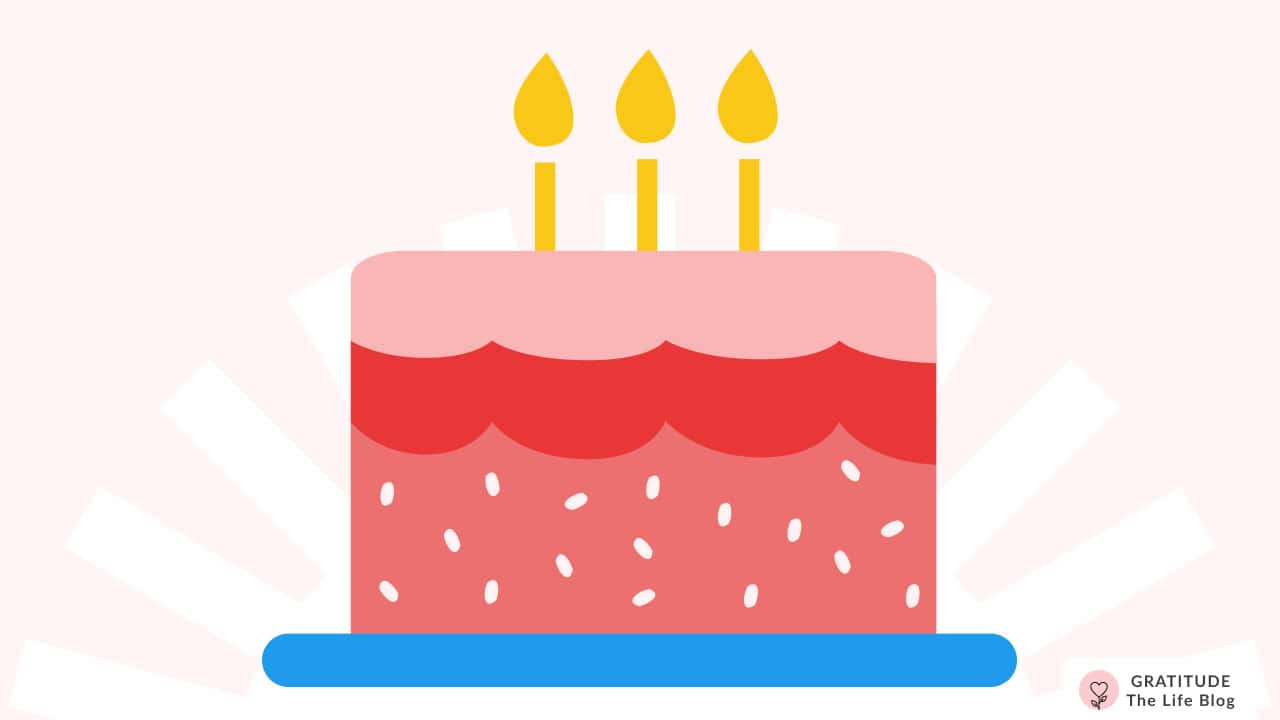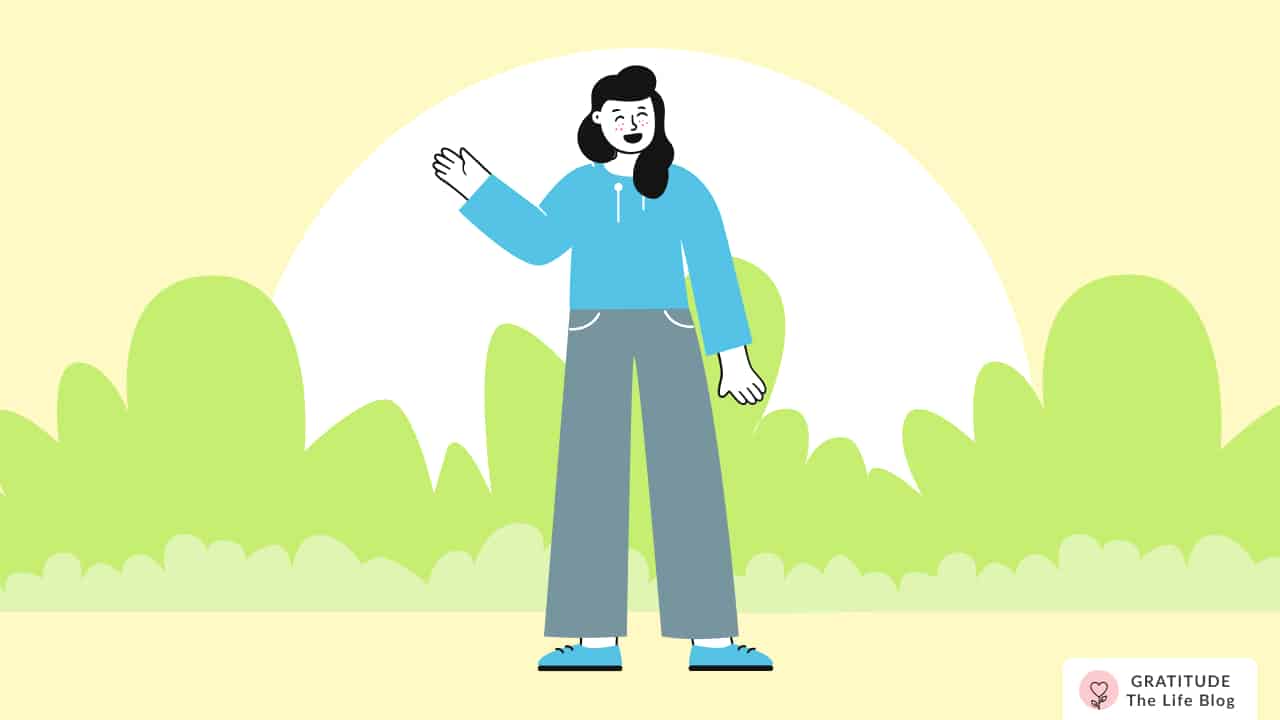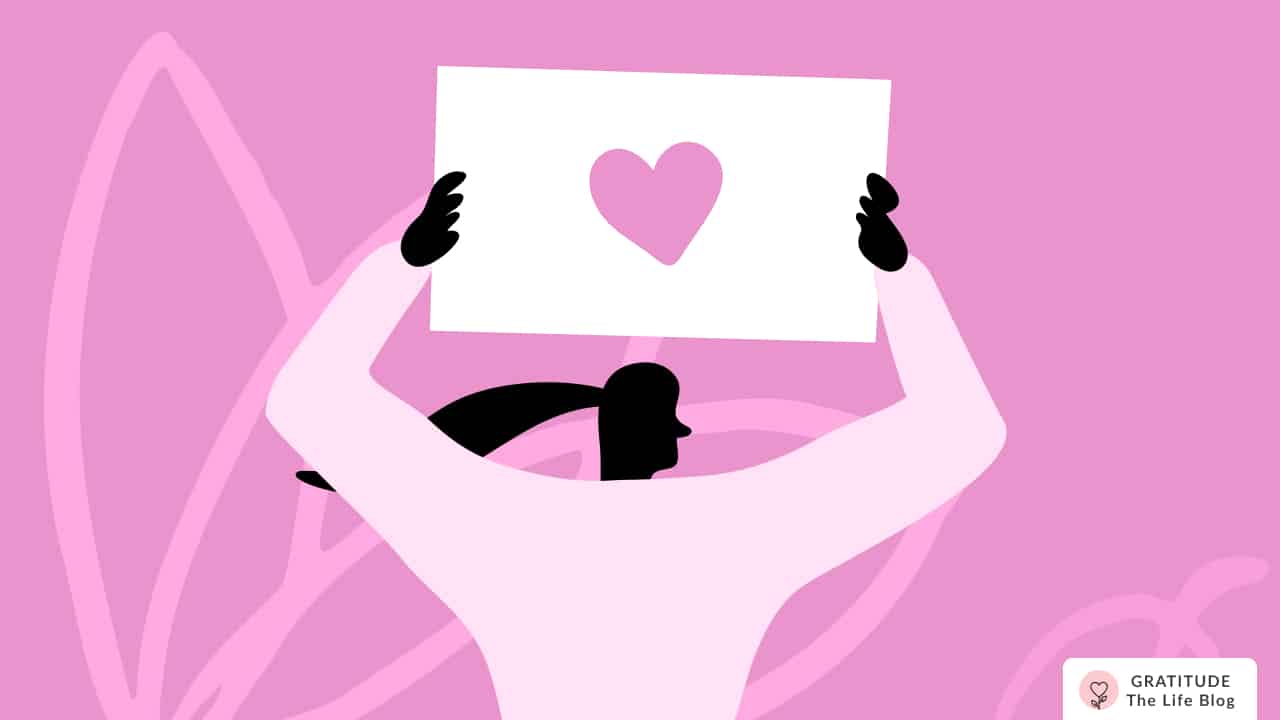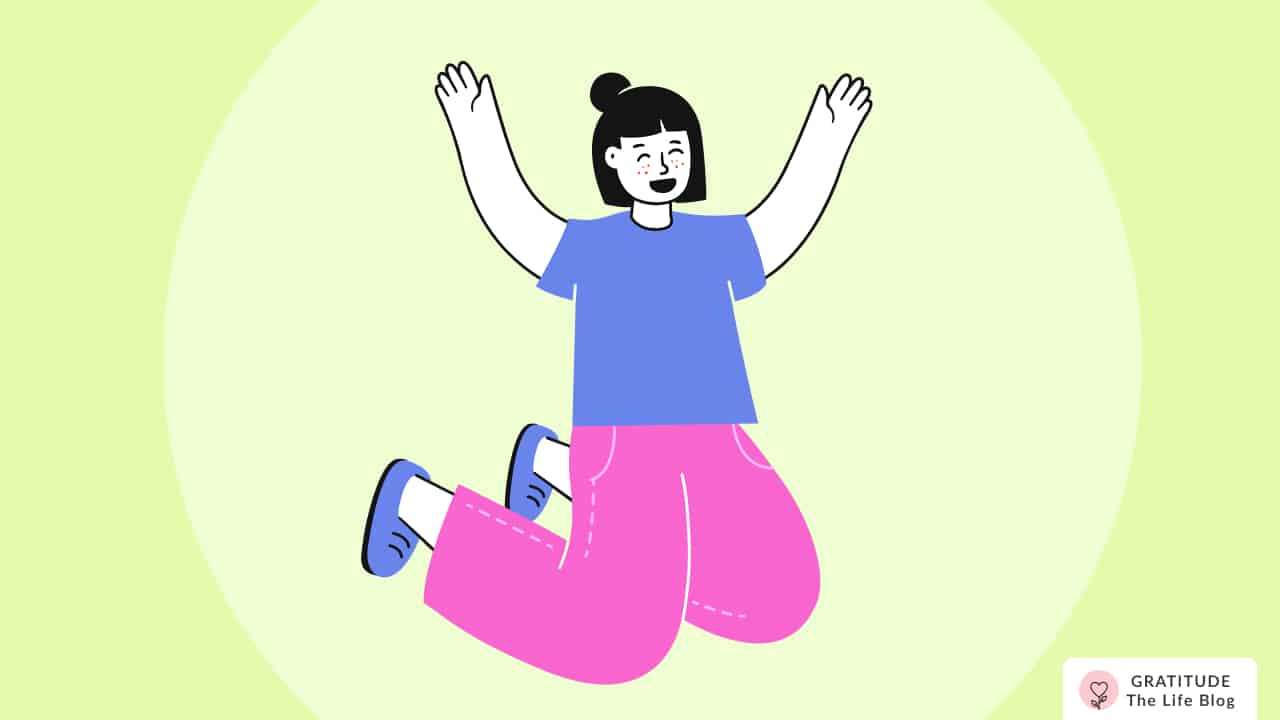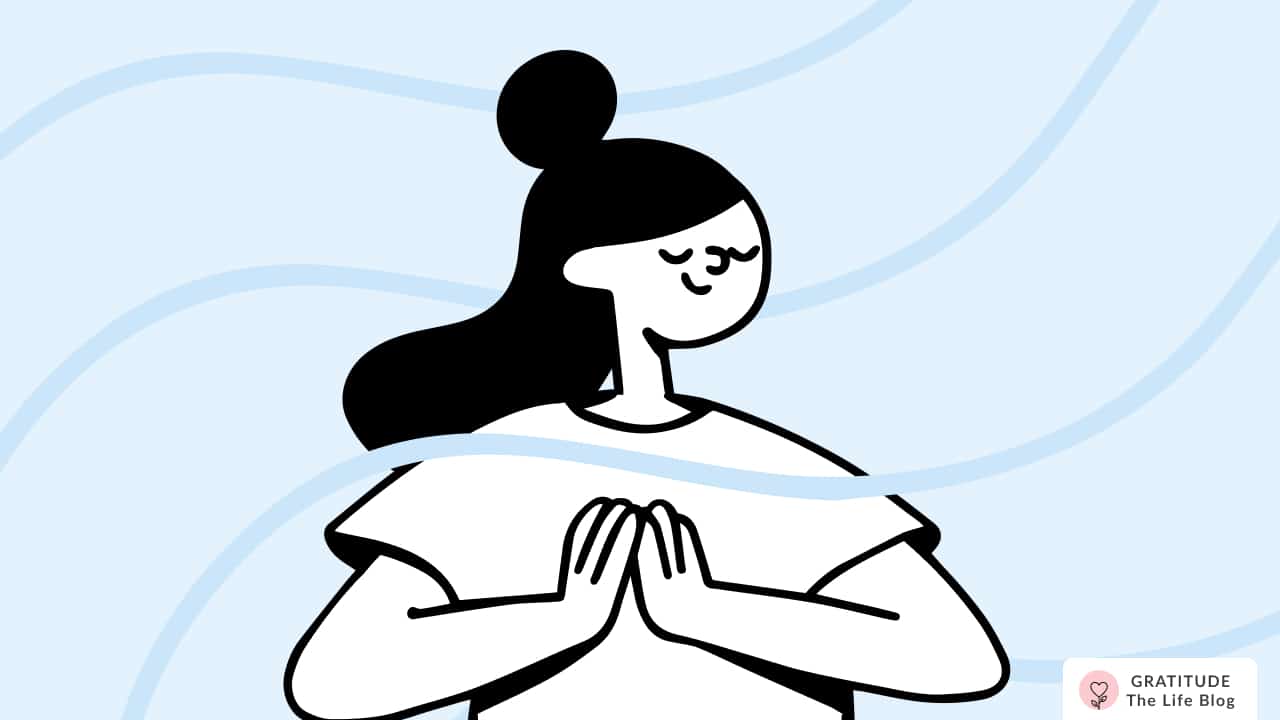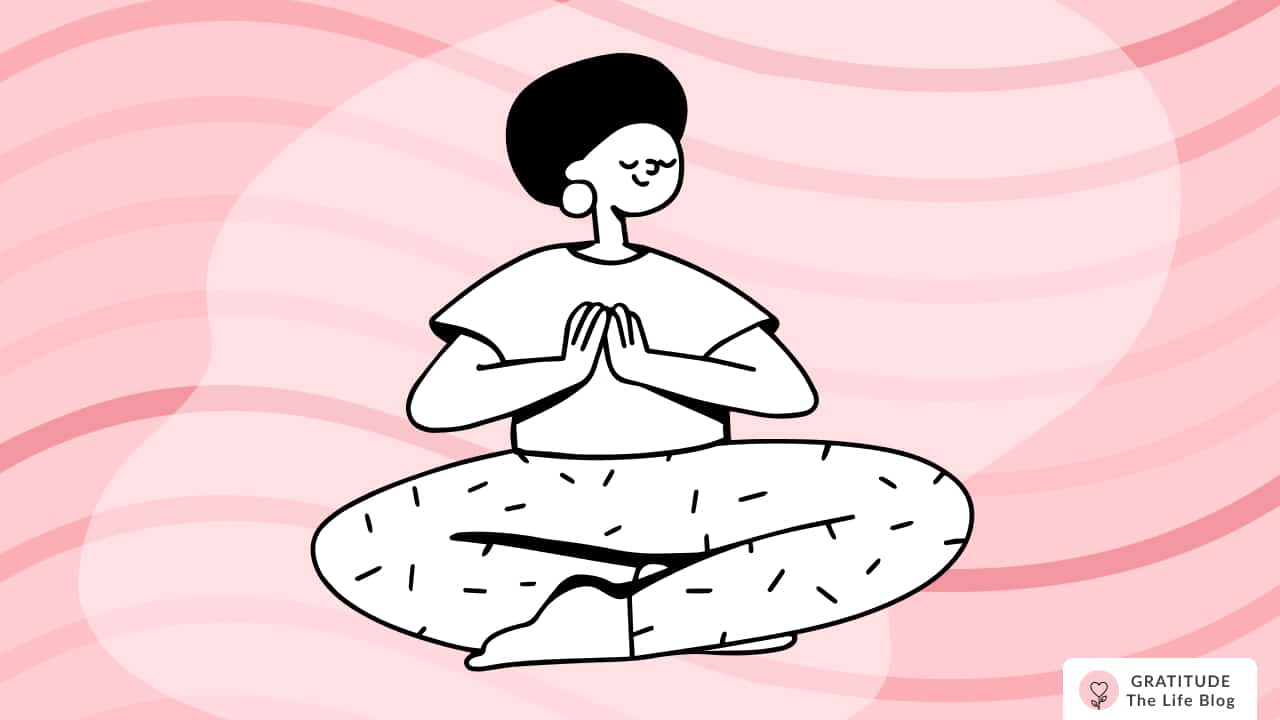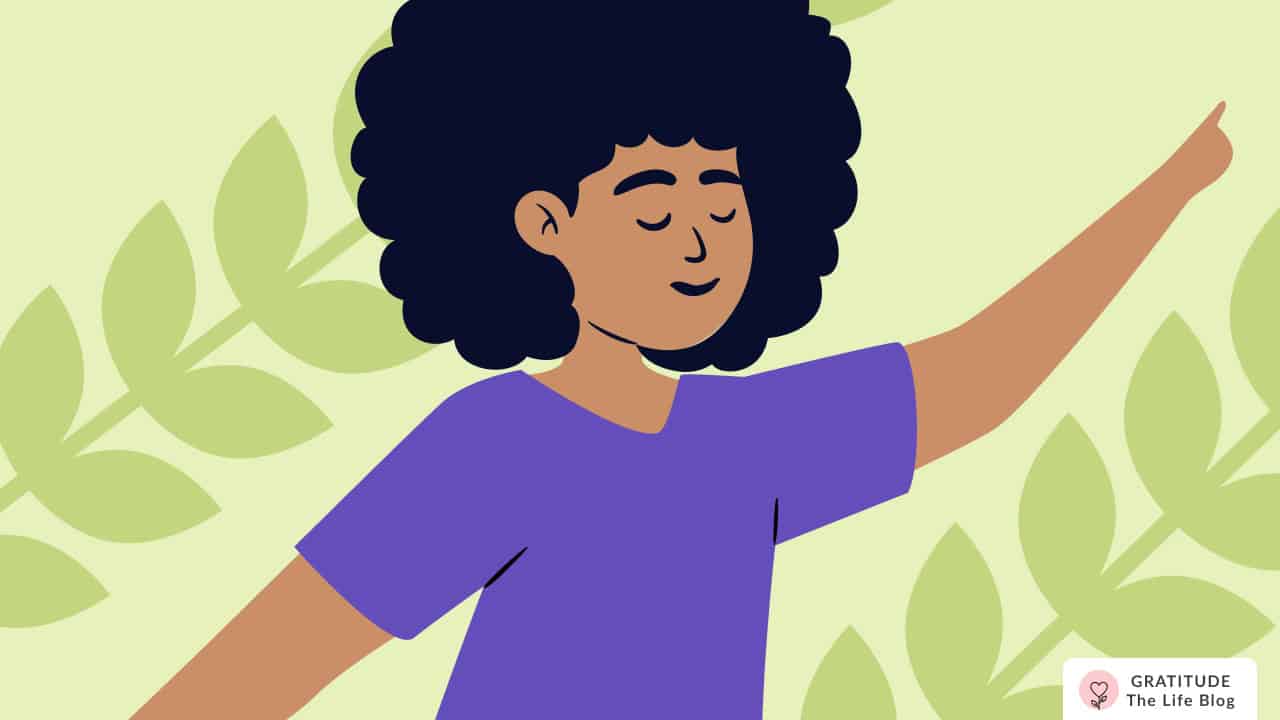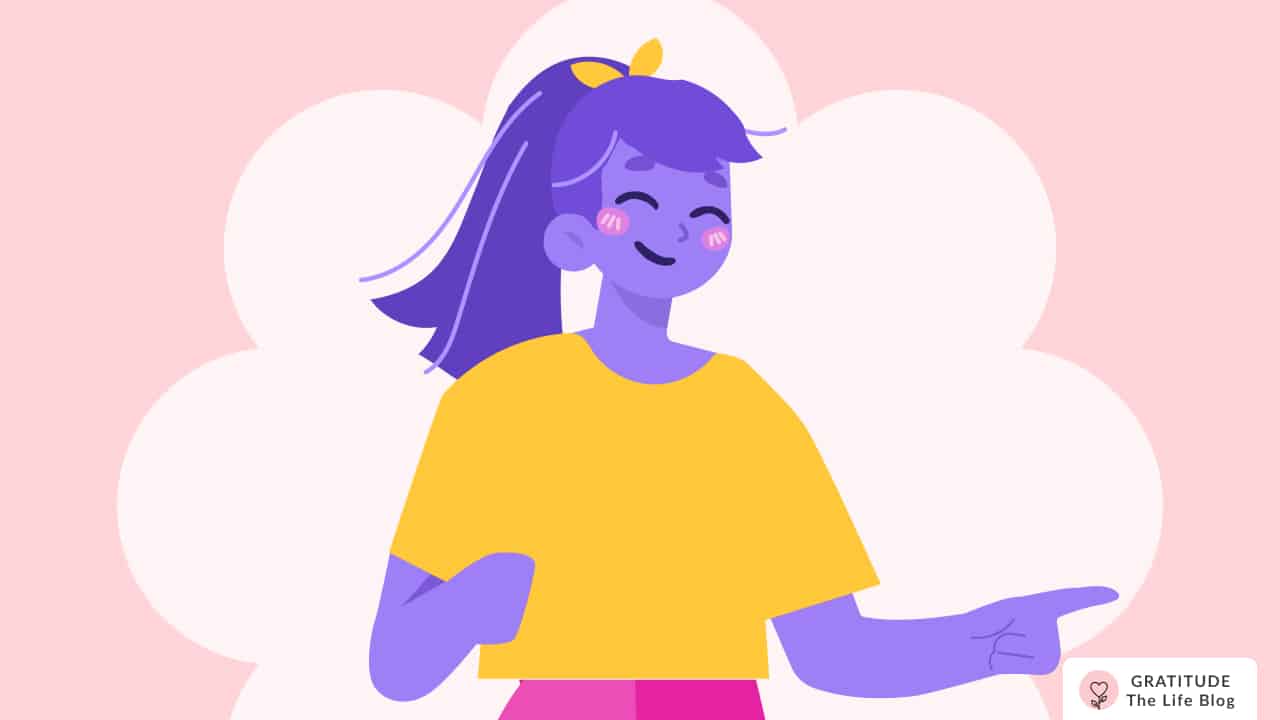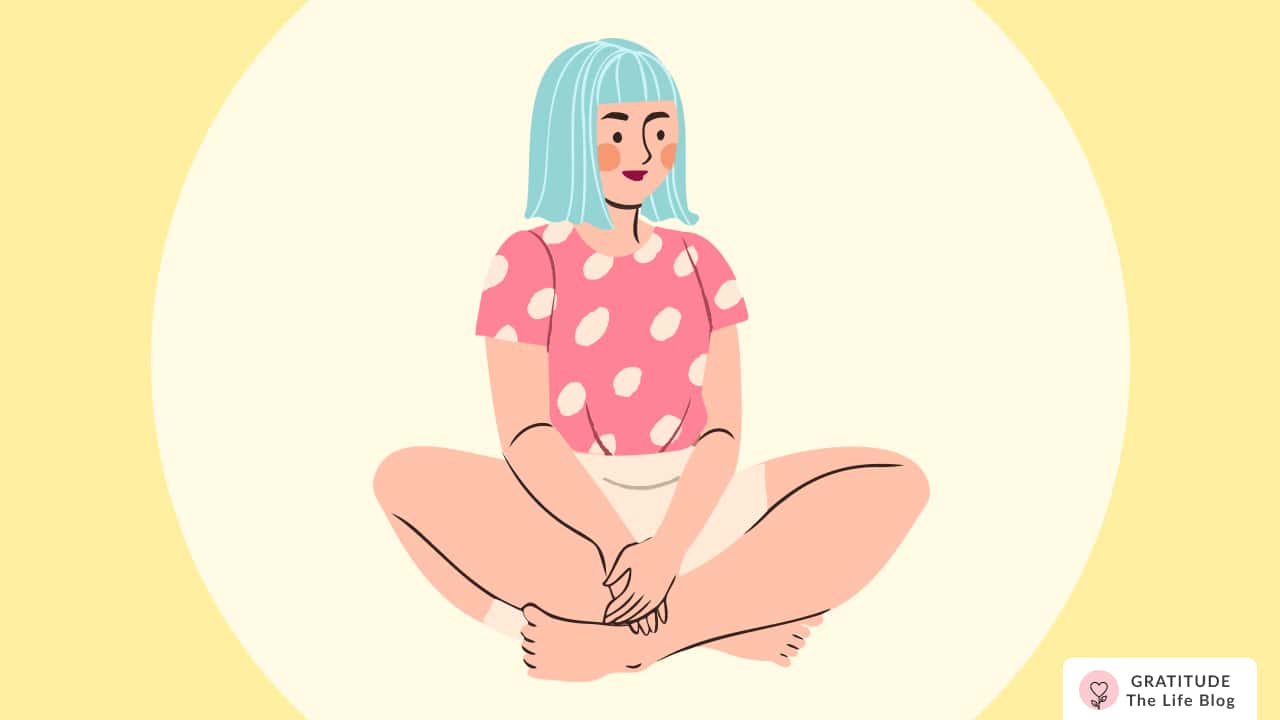Susy's Story - This wandering mind
Here is Susy's gratitude story of dealing with the toughest times to emerge a more grateful and positive person.
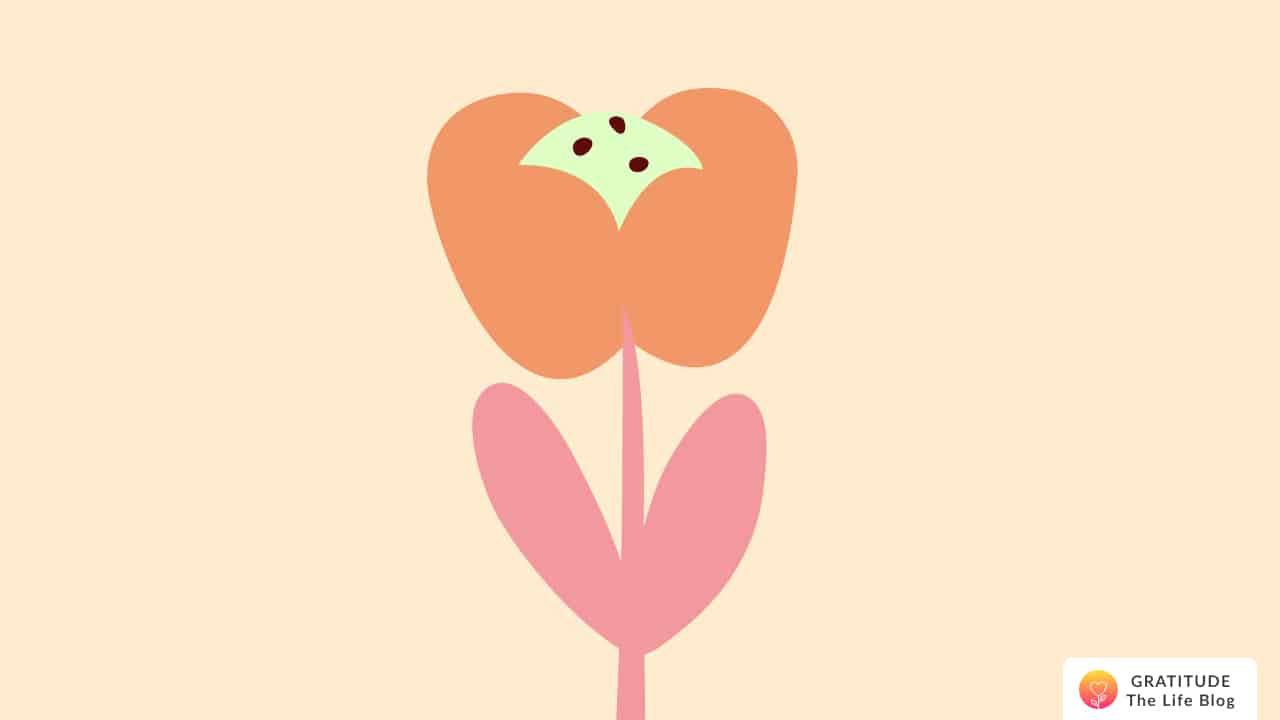
Susy: I had a career. I was an accountant and I worked for the federal government for 18 and a half years. And I was doing really well. Life was good. I had everything I needed.
And then I started going through schizophrenia. I didn't know it then and I just dealt with it a little differently. But things happened and I lost my career. And then lost my home.
It wasn't easy starting over at 51. At the time I didn't realize I had schizophrenia. So I went on to battle in that without a diagnosis for about six years and I was homeless.
I lived homeless for a year and a half. I mean, literally under a tree at one point. And with the tarp over me, that journey was terrifying because I was clueless. I didn't know how to live, and you're dirty and you're just, it was terrifying.
But I kept in contact with my counselor and I was diagnosed. I was taken to Boulder to a mental hospital and they diagnosed me with schizophrenia and I've been on Invega. It's a shot that I get once a month.
And that made me turn my life around as far as the schizophrenia, you know? And I was then able to see that no, these voices aren't real, that what you're seeing is not real. And I was able to put the whole tragedy into perspective and deal with it.
Cause mind you, some of my visions were horrific. I mean, I thought my daughter had been abducted. I got into trouble with the law. I was banging on the neighbor's door, demanding for him to release my daughter. These were things that were going on in my head.
And, my counselor, I kept in touch with her real good, the best I could because keeping any calendar back then was like, it didn't happen. I missed court dates. I was a mess. And, so my counselor kept saying, you gotta feel gratitude. Every time I'd tell her something that was happening to me, she would turn it into something positive.
And I used to look forward to talking to her because I'd be like, how is she going to make this positive? And she would always do it. So she kept saying, you gotta write it down. You gotta get yourself a gratitude journal and write everything that you're grateful for, wake up every morning and say three things that you're grateful for.
And it's true. You can do it. And she said you can retrain your brain. And then I came across the app and I was very, very devoted to waking up. And so it kind of fell along with the same concept that my counselor had. As time went on, I would try to take pictures every day of things.
And that way I could add to my gratitude journal entry every morning. And before, you know it, your brain is retraining itself. In my circumstances, you can look at it as poor me, but, and I would have never made that journey.
I would have never met the people I met and there's some very wonderful people out there. And, I wouldn't have the experiences I did. My daughter and I were reacquainted, she's helped me get a home.
Her and my sister-in-law, both helped me get home. I'm living off the streets. I'm doing much better. I've got some income coming in now and just this month, I'll be getting off of needing their help and I'll be able to do it myself. I'll be able to have my rent for my own stuff.
So it's just a little studio apartment, but it's all that me and Max needs. That's my dog. So, that's kind of where it is now. And, you know, just being grateful and always looking at that app does really helps.
And I love the new one that I have now. It helps give you the little ideas to think about when you're writing. And it always does. And usually, I post a lot of the things on my Facebook story. So that's kind of a little bit of a nutshell.
Aarushi: That really touched my heart... You said that you attached photos to your journal entries. What would those generally be?
Susy: They'll be like, say my daughter and I, like Brandy and I'll go do something, and then I'll write a gratitude journal entry about what we did and being thankful for the time. And then I'll attach a picture of us.
Or of nature, if I go on a walk, I'll take pictures of different things and be thankful for the walk I took. And then I'll take a picture of something I took, I try to make it more of pictures that I've taken myself. So I remember the time and the memory of it.
Aarushi: Okay. And, you said that it helped you retrain your brain. So, can you tell me more about this? How did you feel that your brain was being retrained?
Susy: When you look at circumstances that might be bad, your first thought is, oh my gosh, this is happening. But after a while of thinking, okay, what is the positive out of this? What am I going to get out of this that's positive? How can I turn this around instead of thinking, oh my gosh, this is happening?
Your brain's already trying to figure out what good is out of it. What good is going to come out of it? And, eventually, you don't have that, oh my gosh moment. You just think of the positive things. And it takes a lot of time. It takes a lot of time to do. And after a while it becomes natural. So that's what I mean by retraining your brain.
Aarushi: You must have gone through, like you said, that it takes time and takes a lot of effort to come to this point when it's natural. So when it wasn't so easy, when you were going through struggles or it wasn't so easy to feel happy or find gratitude, how did you push yourself to do that?
Susy: I think at that time, your day-to-day life is the struggle, you know? I mean, you gotta believe in something, you gotta, pull your head out. And like I said, I wouldn't have been able to do it without my daughter and sister-in-law, I mean, they helped get me off the streets because once you're down that far it's a struggle to get out of that.
I'm very thankful for them. And they don't stop, it wasn't just to get me a place, but it was just the constant support system behind them too, you know, baby steps. I used to tell myself, baby steps, this one little baby step at a time.
Aarushi: Yeah. It's a slow journey, but you do come at a point when, you know, the foundation takes time to build, but once you've really given your effort, it becomes natural.
I usually ask this on calls related to stories: why do you think that gratitude is important?
Susy: You can't always just focus on the negative, that drags you down, that gets you depressed. And I think that just in life there's so much to be thankful for. I mean, think of the people that today weren't able to take that next breath to wake up, you know, think of the people that didn't have that chance.
Like I went out and I was cussing my dog this morning because he needed out. And I went out with him early this morning and the sun was just coming up. Think if I wouldn't have taken him out like he wanted to, I wouldn't have seen that sunrise, you know, and that's the way to rethink things so that I'm not out there mad at him because he woke me up again.
I'm out there looking at a sunrise that I wouldn't have seen had it not happened that way. And that's fine. I think it's important that you really look for the positive in your life because it makes a difference in how you look at it. And if you don't, you can go the other way and life's not fun that way.
Aarushi: Yeah. Life's not fun that way. Can you tell me a bit more about your dog? How long have you been living with him? How does he support your life?
Susy: Max? He's awesome. He's my buddy. He likes to play ball, this apartment's setting is, it gets kind of old to him a little bit because he needs more exercise, but he's the reason I probably do exercise any if I do. And, no, that's not true. I'm getting into a circuit that my daughter set me up with. So my exercise is becoming better, but my dog is, he's just my world. He is, I could not imagine this journey without him, by my side.
Aarushi: I totally totally understand that. So yeah, to conclude, can you, in a nutshell, talk about how much you have grown and changed from how you used to be before gratitude?
Susy: I think the positive mindset is one of the things I've grown. I think I respect things a little bit more. I appreciate them more than what I did. There was a time there that I was living in a camper and it had no running water, no electricity, you tend to appreciate those things like running water a lot more, a toilet that flushes. So I think that's where I've grown.
Little things mean a lot and that's very true. I mean, it's surprising what things have at my home, cause I lost all my belongings, everything. So my daughter has set me up with this apartment and she had bought me, it was used, but it was all new to me, furniture and stuff to put in my apartment.
So, starting all over it's those little things that mean a lot because I don't have anything that was from my former life really, except from, what I have in my mind. They were all memories that I spent my lifetime of obtaining those assets to not have them. Were they really that important? I guess, in the end, they weren't.
Aarushi: Thank you so much, Susy. Thank you for being on this call with me and thank you for sharing your story with people who will listen.
If you'd like to share your story too, send an email to stories@gratefulness.me, and we'll schedule a call.


